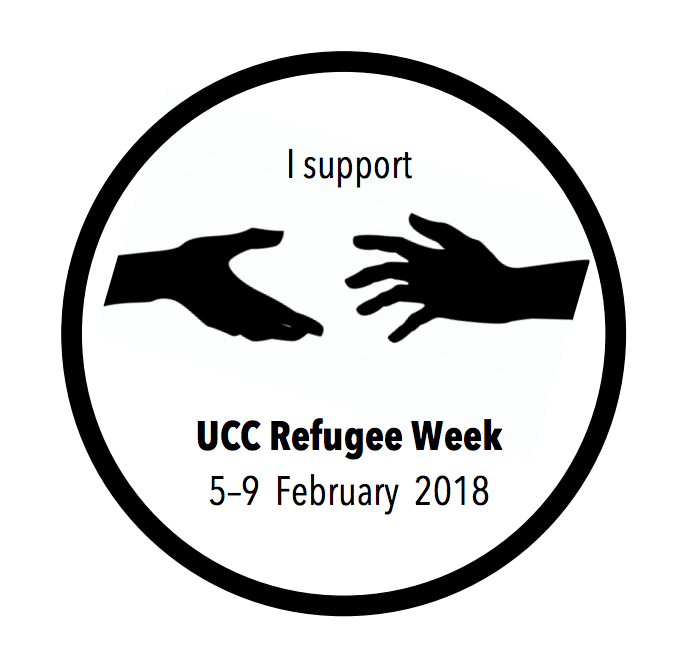- Home
- About Us
- News and Events
- Research
- Study
- Gallery
- Global Food Security Forum
- The CGD's Response to COVID-19
- Seminars
News and Events
Lunchtime Seminar: From ‘Harvest of Shame’ to the 2022 World Cup - Economic ‘Refugees’ Then and Now Susan Martin PhD, Member of Executive Committee of the Migrant Worker Protection Society, Bahrain Tuesday 6th February, 1.00 p.m., Kane Building, B10A

ALL WELCOME - FREE EVENT
The United Nations defines the migrant worker as one who is, has, or will be engaged in a remunerative activity in a state where he or she is not a national. The UN, and others, insist that the term ‘economic refugee’ does not apply because these workers move in search of earnings, and this sets them apart from those seeking refuge from persecution or conflict. For others the distinction is blurred: the economics of poor debtor nations are such that the hand of the migrant is forced because opportunities to earn are so limited and competition is so plentiful. This distinction is further blurred by the appalling conditions under which so many migrants toil for precarious earnings.
In recent years much attention has focused on the dependence of the countries of the Gulf Cooperation Council (“GCC”) on migrant labour; workers from the Philippines, Africa, and the Indian sub-continent often outnumber the native population. The building of the facilities for the 2022 FIFA World Cup in Qatar has focused the world’s attention on the appallingly dangerous conditions there, and the deaths that have resulted. Such phenomena, however, are not exclusive to the GCC, nor are they exclusive to the developing world.
This seminar provides insight into the lived experiences of a sample of those who have migrated to the GCC, and provides a glimpse into the path the migrant walks on the journey from preparing to leave his or her country of origin, crossing or attempting to cross a border, and ‘settling’ into a life abroad. Finally, advocacy and charitable efforts, both formal and informal, that try to alleviate or, at least, focus public attention in the GCC on the hardships these workers endure, are considered.
Susan Marie Martin holds a Phd. in Applied Social Studies from University College Cork.
Her research focuses on the impact of modernity and gentrification on policies that affect the
urban poor, in particular the women who eke out subsistence earnings as street traders. She is
a member of the Executive Committee of the Migrant Worker Protection Society (Bahrain),
serving as an advisor on data collection and public awareness campaigns. Her book, The
Shawlies: Cork’s Women Street Traders in the ‘Merchants City’ was published in September
2017 (Four Courts Press). An international educator, she currently divides her time between
Ireland and the Middle East.
